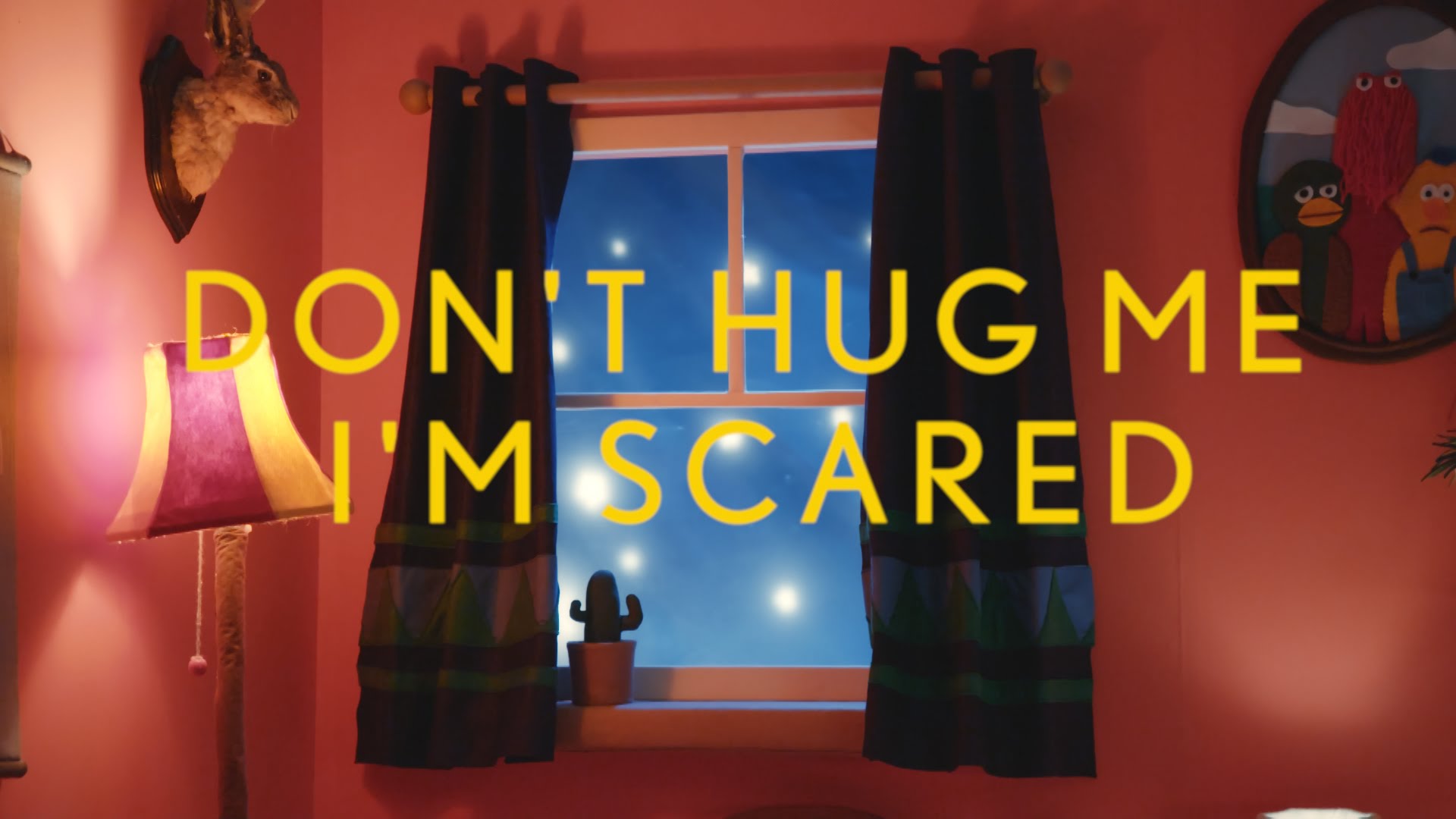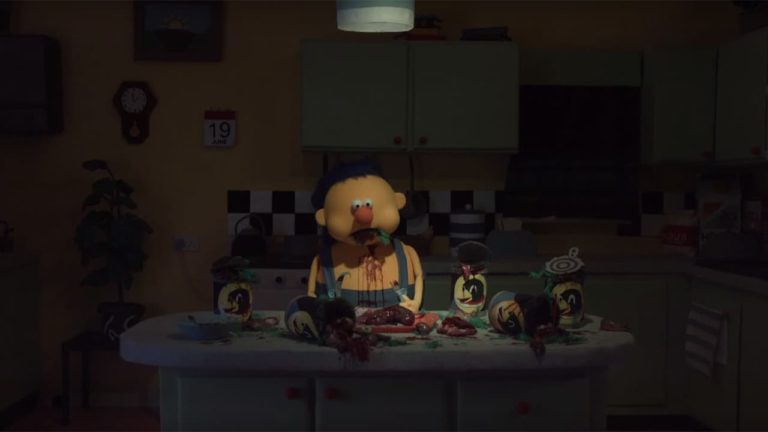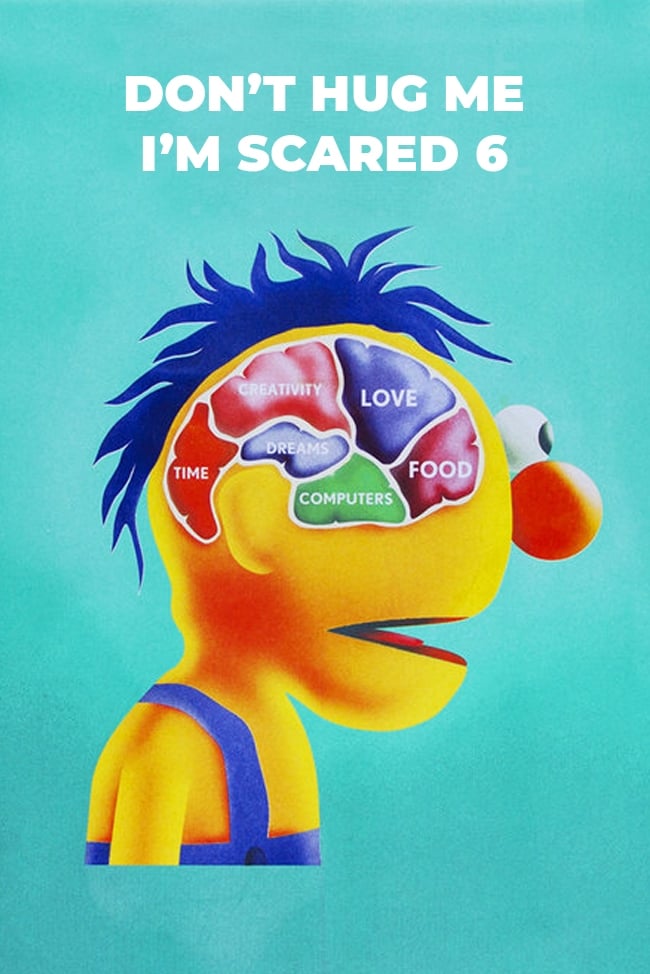


The original episodes’ darker tone feels better balanced now with British wit, yet this doesn’t compromise its themes. The myth of meritocracy, work/life balance (or lack thereof), shaming the unemployed, human resources upholding the status quo, classism and more are covered in this hilarious yet depressingly relatable story.īesides challenging edutainment morals, “DHMIS” is comedy gold, although episodes like “Jobs” prove that commentary and comedy overlap. Longer episodes allow for more fleshed-out commentary, best exemplified by the excellent premiere episode, “Jobs.” Whereas television promises children they can do anything when they grow up, “DHMIS” explores how edutainment prepares children for a capitalist hellscape. Even the wildest theories remain compatible with the show’s satire and criticism of edutainment morals. It’s the most surface-level reading since the show obviously parodies educational programming like “Sesame Street” – even more so now that it’s in the same medium – but it’s common for a good reason. “DHMIS” was always open to interpretation one of its most popular readings centers around messages children learn from television. New characters fit well with the old cast, including personal favorites like webmaster Duncan (Baker Terry), who perfectly encapsulates the waking nightmare that is managing the Journal’s website. For example, I expected Red Guy to stay monotone, but his moments of excitement and rage caught me off guard. The main cast could’ve easily been flanderized into one-dimensional personalities, but they feel more well-rounded with extra time for character development. The pacing feels more natural, which improves every aspect of the show. While the new episodes still have musical numbers, there’s finally room for dialogue-driven scenes and character interactions. Previously, episodes featured one song that progressively became more demented, spending little time on the simple character dynamics. What sets the Channel 4 episodes apart from the YouTube episodes is that the trio has time for complete stories. Their daily activities are always interrupted by eccentric and enigmatic “teachers” who offer lessons and songs about basic topics, but things go awry as each lesson turns into an actual nightmare for the protagonists (and occasionally for their teachers). The new episodes once again follow three puppets who live and learn together: the unenthusiastic Red Guy (Joseph Pelling), the uptight Duck (Baker Terry) and the not-so-bright Yellow Guy (Baker Terry).

Duck (Baker Terry) reads the Opinions page and finds his own obituary, kicking off the daily lesson in the show’s second episode, “Death.” This was easily my most anticipated show once television production resumed during the pandemic, and it delivered beyond my high expectations translating the short-form YouTube episodes into six 22-minute episodes made this season even better than before. Like “Smiling Friends” earlier in 2022, traditional media is finally embracing innovative YouTube creators.įollowing the original run, creators and puppeteers Becky Sloan, Joe Pelling and Baker Terry produced a television pilot to continue the series, which was picked up by Britain’s Channel 4 in 2020.
DONT HUG ME IM SCARED SCARY SERIES
Whether you loved the original six-episode run, you were scarred for life by a viral video with British puppets or you’re one of those people who wanted to bone Tony the Talking Clock, this experimental series is a staple of surrealist horror comedy. You can’t deny how much “DHMIS” impacted internet culture in the 2010s. They proceeded to be creative several more times, and we’re all the better for it. On July 9, 2011, the creators of “Don’t Hug Me I’m Scared” made us all agree to never be creative again.


 0 kommentar(er)
0 kommentar(er)
